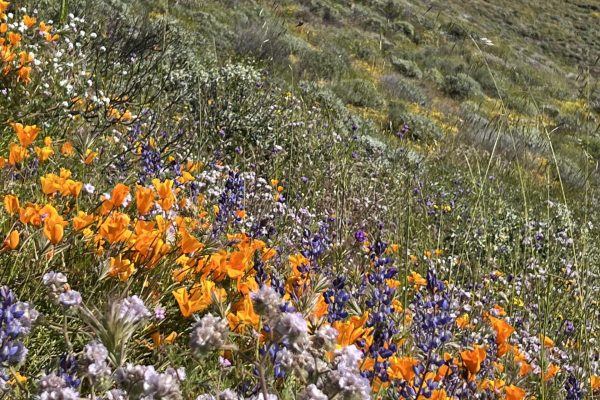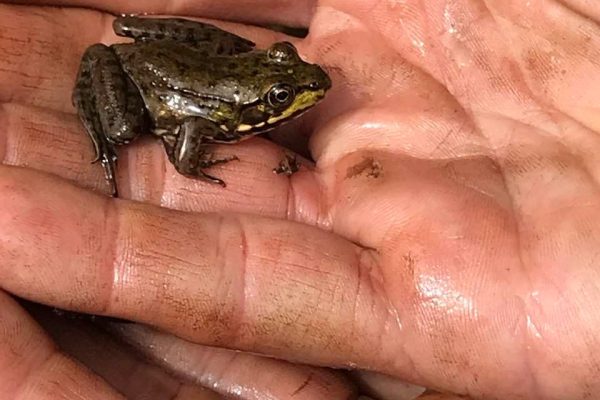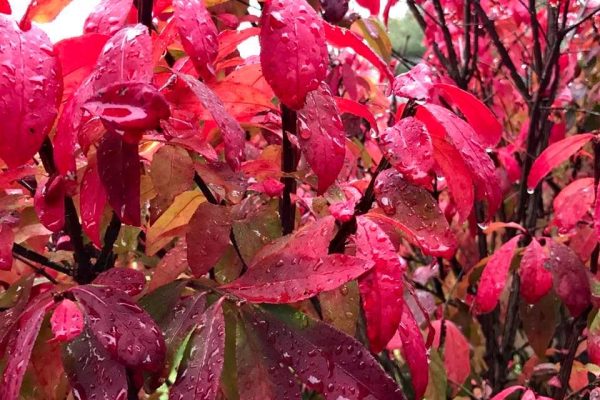This supplement, written in collaboration with Repair the World and the Jewish Multiracial Network, uses the “Four Children” framework to ask questions about engaging with racial justice as a multi-racial Jewish community.
- What is it? Using the “Four Children” traditional framework, in partnership with the Jewish Multiracial Network, we pose and answer questions about engaging with racial justice as individuals and as a multi-racial and multi-ethnic Jewish community.
- How to use it: When you come to the point in your seder when you would read “The Four Children,” pass out this document instead (or have it already inserted in your guests’ haggadot!) “The Four People” can be incorporated into a traditional or social justice-focused seder with other resources. Ask people to read and respond to different parts of the text. Which questions have you or members of your community wrestled with? How do the answers use traditional Jewish texts? How do the illustrations reinforce core themes in the text?
On Passover, the Haggadah speaks about four sons; one who is wise, one who is evil, one who is innocent and one who doesn’t know to ask.
Tonight, let’s speak about four people striving to engage in racial justice. They are a complicated constellation of identity and experience; they are not simply good or bad, guileless or silent. They are Jews of Color and white Jews. They are Mizrahi, Sephardi, and Ashkenazi; they are youth, middle-aged, and elders. They are a variety of people who are at different stages of their racial justice journey. Some of them have been on this journey for their entire lives, and for some, today is the first day. Some of them are a part of us, and others are quite unfamiliar. What do they say? They ask questions about engaging with racial justice as people with a vested interest in Jewishness and Jewish community. How do we answer? We call them in with compassion, learning from those who came before us.
Download The Four People seder supplement below for the full text!
And check out Repair the World’s Passover page here!

Repair the World was founded in 2009 to make meaningful service a defining element of American Jewish life. Repair mobilizes tens of thousands of young Jews to volunteer in tackling pressing local needs each year, and Repair equips communities and partners to do the same. These volunteers help transform neighborhoods, cities, and lives through meaningful service experiences rooted in Jewish values, learning, and history.
The Jewish Multiracial Network brings together Jews of Color and Jewish multiracial families and individuals to learn about and celebrate their Judaism. We are committed to diversity and inclusive community-building, and seek to help our members strengthen their identities as Jews and members of other ethnic groups. We create opportunities for learning, nurturing and support for a large and growing part of the Jewish community that often feels marginalized by mainstream Jewish organizations. We invite you to become a part of this developing national Jewish multiracial network.











